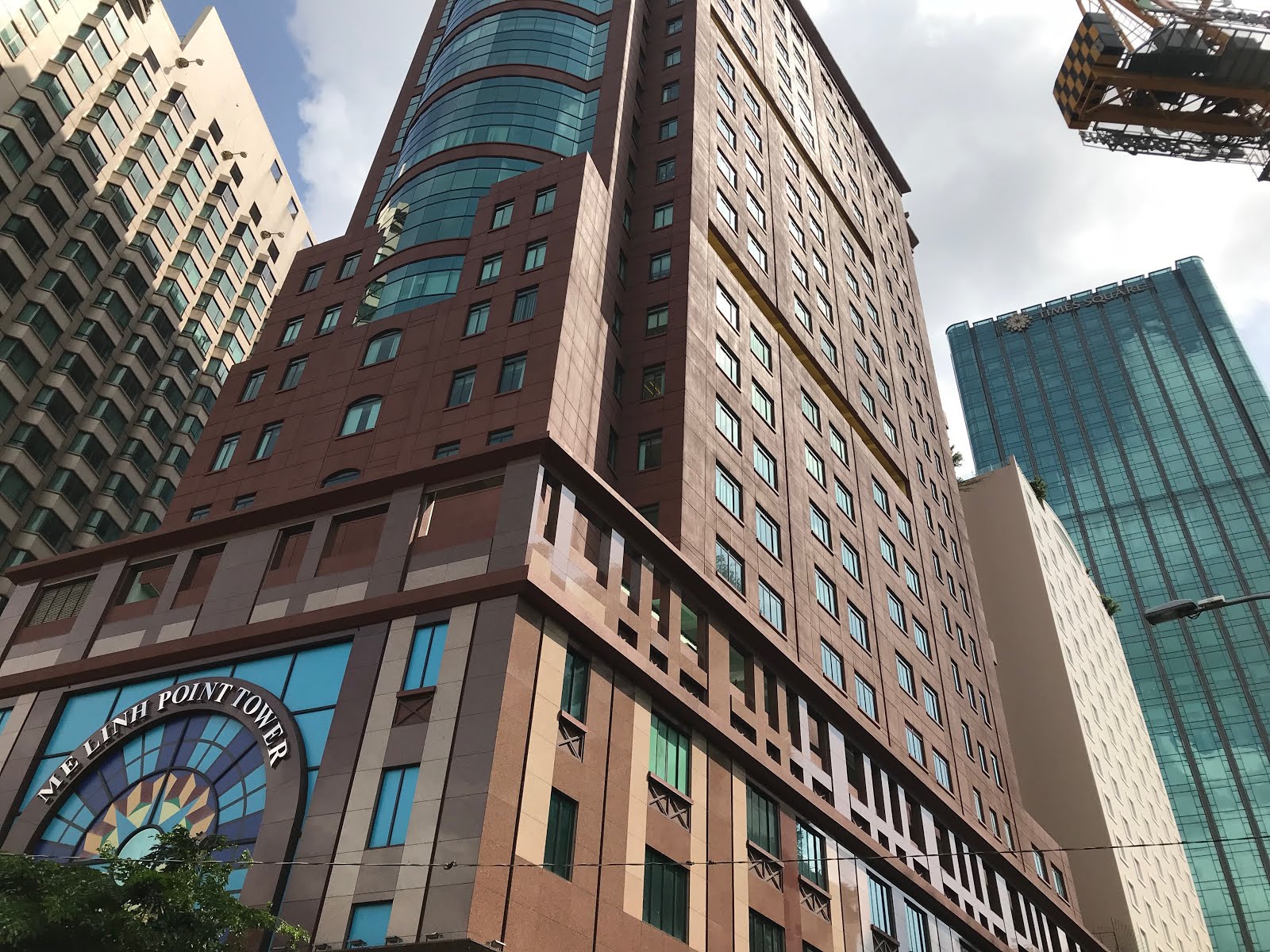Vietnam has growing
fast due to the opening policy of the government, and has been signing a number
of free trade agreements with ASEAN, China, Korea, Japan, India, Australia, New
Zealand, Chile, Russia, Belarus… with effectiveness. The expecting Europe
Vietnam Free Trade Agreement has been signed but not yet effective at this
moment. Having said that, Vietnam has
become a destination for foreign investors to
set up company and factory in Vietnam to undertake manufacturing for export
and enjoy tax preference because of Vietnam origin.
Certificate
of Origin Law Firm in Vietnam
The applicant wishing
to be granted the Certificate of Origin (“C/O”) needs to register the trader
profile under Vietnam regulations before submitting the dossier applying for
C/O. There are steps to be followed at
the State authorities to check the trader profile, its legal registration in
Vietnam, manufacturing facilities that produce the goods which are subject of
C/O. Further, additional information and
proof will be required for verification at Vietnam State Authorities including
the declaration of origin provided by manufacturer or supplier of originating
materials or locally produced originating goods if such material is used in
subsequent stage to produce another good, good manufacturing process. Not only
checking the documents, the authority could undertake an inspection visit to
the manufacturing facility of trader and request the applicant to submit
evidence of customs declaration of materials imported and used in production of
exported goods (if imported materials are used in the production process); a
sale contract or VAT invoice of locally purchased materials (if locally
purchased materials are used in the production process) and other documents as
deemed necessary. If the documents, the process, and the conditions are met,
the C/O will be issued.
In general, an
originating good is a good which is originating in a country, group of
countries, or territory where the last processing operation is performed and
substantially transforms such good. To
qualify for non-preferential goods, there will be required of:
1.“Change in tariff
classification” (hereinafter referred to as CTC): means a change in two-digit,
four-digit, or six-digit HS heading of a good as compared with the HS heading
of non-originating materials (including imported materials and materials of
undetermined origin) used for the production of such good.
2.“Local value content”
(hereinafter referred to as LVC)
The applicant for C/O
shall choose either direct formula or indirect formula at their own discretion
to calculate LVC and apply the chosen formula throughout such financial year.
The verification and identification of LVC criteria for exported goods of
Vietnam shall be based on the aforesaid formula.
In order to calculate
LVC according to the formula, value of materials and cost incurred in the
production process of goods shall be determined as follows:
a) “Value of materials
originating in a country, group of countries, or territory of production” is
inclusive of CIF value of materials acquired or locally produced that are
originating in a country, group of countries, or territory; direct labor cost,
overhead cost, other costs and profits.
b)“Value of materials
originating in a country, group of countries, or territory of production” is
CIF value of materials imported that are originating in a country, group of
countries, or territory; or the earliest ascertained price stated in the VAT
invoices associated with materials of unidentifiable origin used for the
production, processing of ultimate product.
c) “FOB” is the value
stated in the export contract which is calculated as follows: “FOB = Ex-workshop
price + other costs”.
-“Ex-workshop price” =
Production cost + profit;
- “Production cost” = material
cost + direct labor cost + overhead cost;
- “Material cost”
covers expenses associated with purchase of materials, their cost of freight
and insurance;
“Direct labor cost”
covers wages, bonuses and other welfare amounts related to the production process;
“Overhead cost” covers:
Overhead cost relates to production process (insurance for buildings, factory
rents and hire-purchase cost, depreciation of buildings, repairs, taxes,
collateral interests); hire-purchase cost and interests of factories and equipment;
factory security; insurance (for factories and equipments used in the
production process); expenses for essentials for production process (energy,
electricity and other essentials to be used directly in the production
process); research, development, design and workmanship; pressing molds,
moulds, devices and amortization, maintenance and repairs of factories and
equipment; patent royalties (in respect of patented machines or use of patented
machines in production process or goods production licenses); testing of
materials and goods; storage in factories; waste treatment; cost factors in
calculating value of materials, such as port-related cost, good clearance and
import duties on taxable components;
-“Other costs” are the
costs incurred in placing the good in the ship or other means of transport for
export including, but not limited to, domestic transport costs, storage and
warehousing, port handling, brokerage fees, service charges and relevant costs
incurred when loading goods onboard ships for export.
If the goods that do
not qualify to be issued C/O in Vietnam, it can not be granted C/O. Any violations of laws will be punished by
the government.
It appears that many
manufacturers are in the process to relocate significant manufacturing process
to Vietnam to enjoy “Made-in-Vietnam”.
In the meantime,
alarmingly, there are equal number of other manufactures whom wish to only
transfer a small portion of manufacturing process to Vietnam i.e re-packaging,
re-labeling which does not meed to qualifications above.
It is important that
Vietnam authorities to alert and constantly monitor the C/O application process
to ensure all responsible departments, officers to follow the rule as set by
law to evaluate the C/O application documents, and proof given by trader,
manufacturer carefully.
By doing that, Vietnam
government will encourage the “real” transition of manufacturing from China to
Vietnam, therefore increasing FDI, boosting the economy through encouraging
manufacturing sectors.
By urging customs authority
to investigate and punish violators, the Vietnam government is sending strong
message to US that Vietnam is not standing to support unfair trade, and in the
meantime take advantage of the situation to attract quality manufacturing
projects into Vietnam. Therefore, more crackdowns are expected.
ANT Lawyers, as a law firm in Vietnam has been
actively providing legal services through advisory to manufacturers on the C/O
matters and assisting a number of investor to set up manufacturing company,
review leasing contract at industrial zone as part of the process to transition
manufacturing into Vietnam to seriously invest and do business taking advantage
of origin, labour, opening policy of Vietnam government.





















.jpg)
.jpg)
.jpg)
.jpg)
.jpg)
.jpg)
.jpg)
.jpg)
.jpg)

